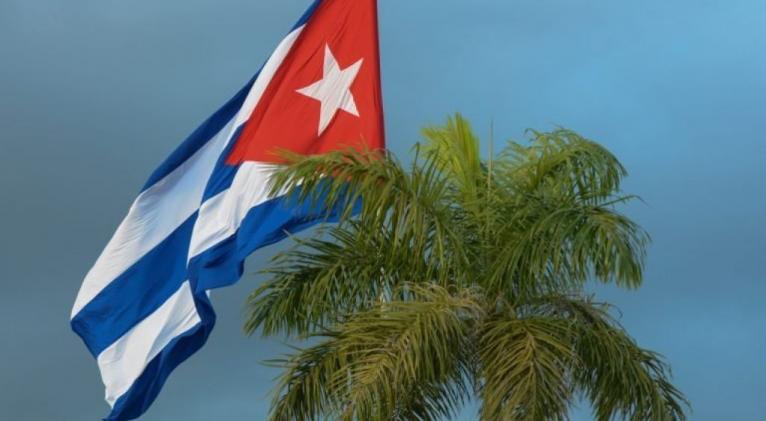Cuba: Territory free of neoliberalism
especiales

While in various countries of Latin America, widespread protests against neoliberalism are ongoing in the streets, Cuba faced a challenging and tense year because of the increased hostility of the United States, but it did so in peace and with its citizens united.
Cuba began 2019 with a devastating tornado that damaged homes, hospitals, schools and productive centers in five municipalities of the capital.
It also began a year in which the United States escalated its aggression against the island, with unprecedented hostility. Cruises, flights, remittances, medical services, financing, fuel shipments and insurance were canceled, restricted or banned.
Federal courts opened to receive lawsuits against Cuba and third-country companies operated on the island with the activation of Title III of the Helms-Burton Act. The White House also substantially expanded its black list of Cuban companies. On average, Washington announced an anti-Cuban measure weekly throughout 2019.
While the economic, financial and commercial blockade was reaffirmed as the main obstacle to Cuba's development, between October and November, persecution against shipping companies and insurers of crude oil shipments intensified, leading to fuel shortages on the island.
The Cuban population was informed by President Miguel DÍaz-Canel and several ministers in television appearances of the government measures adopted to address the situation, while the Cuban people made proposals and launched initiatives at the local level to respond to the shortages.
All this in contrast to the situation in other, more wealthy Latin American nations, which have suffered mas redundancies, increased fuel and food prices, and other impacts of the neoliberal policy adopted by their governments.
Examples include the case of Chile, where widespread protests continue, sparked by the decision to increase subway fares in a country where many are struggling to get by. Colombia also experienced social unrest due to neoliberal reforms and continued crimes against political activists, indigenous peoples and human rights defenders.
The popular protests in those countries were met with repression, and the complicit silence of bodies such as the Organization of American States.
Meanwhile, the Cuban housing program saw the 43,700 homes built, 10,000 more than what was planned, thus addressing one of the most pressing issues for the population, despite the limitations.
Important investments in land and rail transport were also seen, with the incorporation of hundreds of new vehicles and terminal refurbishments.
Employees in the budgeted State sector saw their salaries increase up to three-fold, and also benefited from higher pensions. This favored, among other aspects, the reincorporation of almost 13,000 teachers to the classroom.
In addition, 7.3 million telephone lines, of which 6 million were for mobile phones and more than 3 million for users of 3G and 4G technology, marked progress towards the computerization of Cuban society.
The United States heavily attacked Cuba's tourism sector, forbidding cruises from docking in the island, cancelling direct US flights to Cuban cities except Havana, but none of this managed to prevent over four million international visitors from arriving during 2019, while 3,855 new rooms were added to existing facilities.
These are just some of the achievements in Cuba this year as its people work to build a prosperous, sustainable, independent socialism for all.













Add new comment